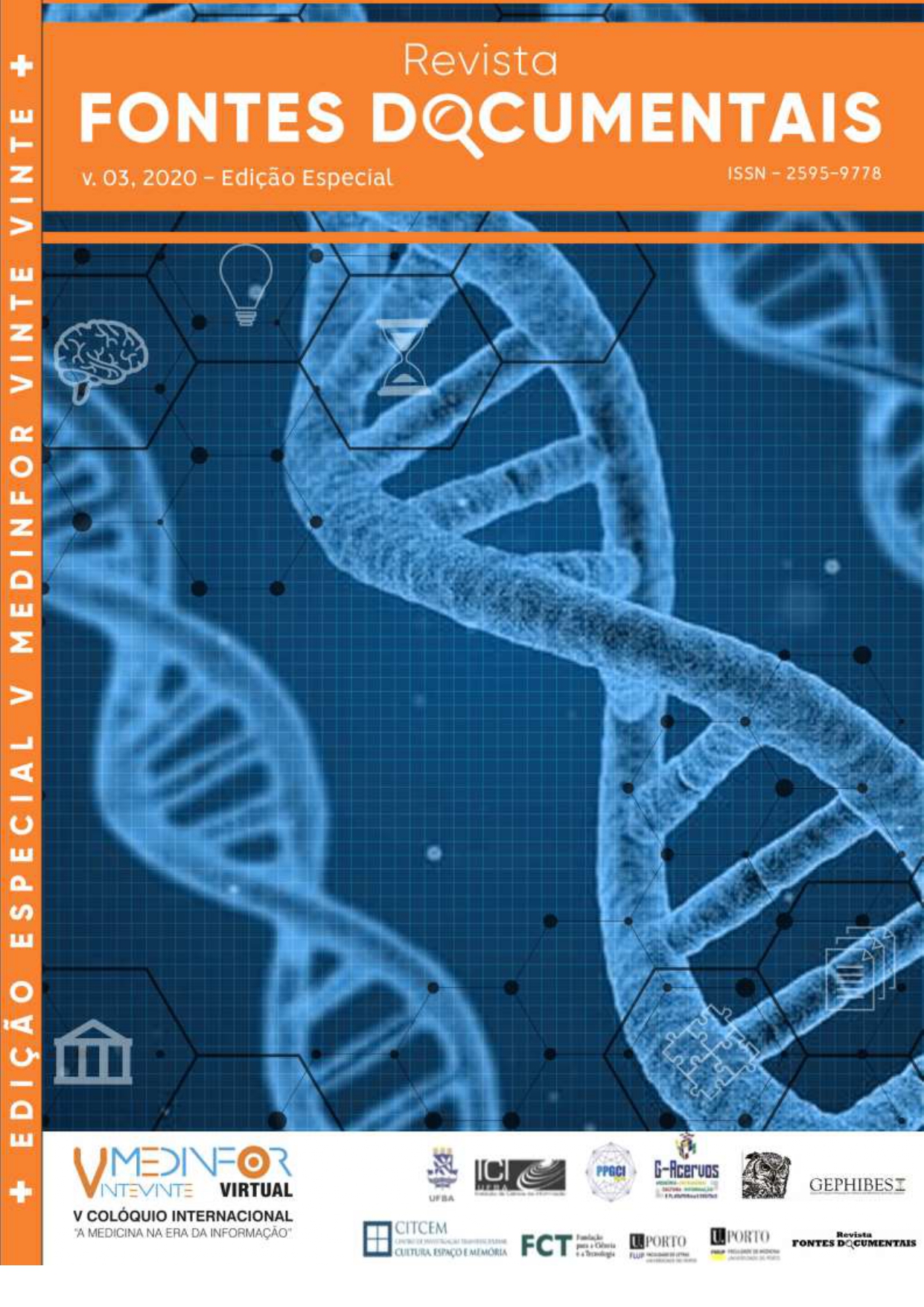Portal COVID-19 Brasil:
monitoramento e análises da situação do coronavírus
Keywords:
Auditoria de dados, Análise e visualização de dado, Portal de conteúdo, Covid-19Abstract
In Brazil, there are distinct and regionalized behaviors of the dissemination of COVID 19 that characterize the pandemic geographically and temporally. To deal with this complexity,the COVID-19 Brazil Portal was created, aiming to monitor and analyze data from different sources. The adopted strategy includes a detailed audit of the disease evolution, disaggregated in time and space. This allowed us to make inferences and follow the real scenario of several Brazilian cities and Brazil in general. Recently, in partnership with the University of Porto, we started to expand our strategy and also monitor the evolution of COVID-19 in Portugal.
Downloads
References
BAUD, David et al. Real estimates of mortality following COVID-19 infection. The Lancet infectious diseases, 2020.
GOMES, Cléber Araújo et al. Situação epidemiológica da COVID –19 nos municípios da Regional de Saúde Rio Negro e Solimões -Amazonas. Coari, AM: Universidade Federal do Amazonas, 2020.
HALLAL, Pedro Curi et al. Evolução da prevalência de infecção por COVID-19 no Rio Grande do Sul, Brasil: inquéritos sorológicos seriados. Ciência & Saúde Coletiva, v. 25, p. 2395-2401, 2020.
JARDIM, José Maria. A lei de acesso à informação pública. Tendências da pesquisa brasileira em ciência da informação, v. 5, n. 1, 2012.
KUCHARSKI, Adam J. et al. Early dynamics of transmission and control of COVID-19: a mathematical modelling study. The lancet infectious diseases, 2020.
LACHMANN, Alexander et al. Correcting under-reported COVID-19 case numbers. medRxiv, 2020.
PARK, Minah et al. A systematic review of COVID-19 epidemiology based on current evidence. Journal of Clinical Medicine, v. 9, n. 4, p. 967, 2020.
SOUSA-PINTO, Bernardo et al. Simulation of the effects of COVID-19 testing rates on hospitalizations. Bulletin of the World Health Organization, v. 98, n. 5, p. 299, 2020.
SPALLUTO, Lucy B. et al. Transparency and Trust During the Coronavirus Disease 2019 (COVID-19) Pandemic. Journal of the American College of Radiology, [s. l.], v. 17, ed. 7, p. 909-912, 1 maio 2020.
STONEDAHL, F.; WILENSKY, Uri. NetLogo Virus on a Network model. Center for Connected Learning and Computer-Based Modeling, Northwestern University, Evanston, IL, 2008.
YANMEI, Jiang Bo1 Qin. Construction of Information Literacy Education Portal with WordPress [J].Journal of Modern Information, v. 10, 2011.
WORLDOMETER, Coronavirus Cases. Worldometer.(2020) 1–22. Doi, v. 10, n. 2020.01, p. 23.20018549. Disponível em: https://www.worldometers.info/coronavirus/
WU, Joseph T.; LEUNG, Kathy; LEUNG, Gabriel M. Nowcasting and forecasting the potential domestic and international spread of the 2019-nCoV outbreak originating in Wuhan, China: a modelling study. The Lancet, v. 395, n. 10225, p. 689-697, 2020.
ZIMMERMANN, Ivan et al. Demanda por leitos de UTI pela COVID-19 no Distrito Federal, Brasil : uma análise do impacto das medidas de distanciamento social com simulações de Monte Carlo. Universidade de Brasília, 2020. No prelo.
Downloads
Published
How to Cite
Issue
Section
License
Copyright (c) 2023 Domingos Alves, Laboratório de Inteligência em Saúde

This work is licensed under a Creative Commons Attribution-NonCommercial 4.0 International License.
O(os) autor(es) do trabalho submetido a Revista Fontes Documentais declara(m):
- Declaro que participei suficientemente do trabalho para tornar pública minha responsabilidade pelo conteúdo.
- Declaro que o uso de qualquer marca registrada ou direito autoral dentro do manuscrito foi creditado a seu proprietário ou a permissão para usar o nome foi concedida, caso seja necessário.
- Declaro que todas as afirmações contidas no manuscrito são fatos são verdadeiras ou baseadas em pesquisa com razoável exatidão.
- Declaro que os direitos autorais referentes ao artigo agora submetido pertencerão à Revista Fontes Documentais, sendo permitido que outros possam distribuir, remixar, adaptar e criar a partir do deste trabalho, exceto para fins comerciais, desde que atribuído o devido crédito.







